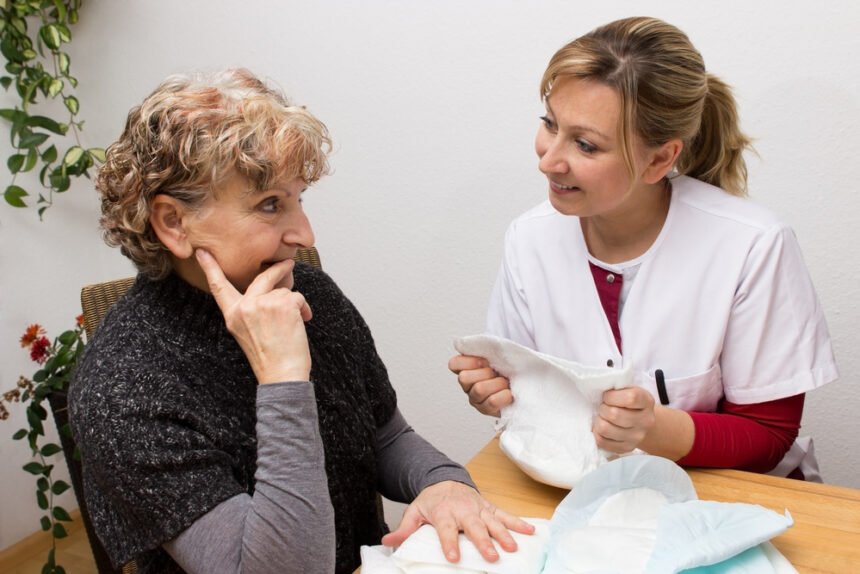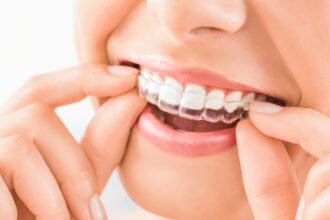Urinary incontinence (UI) affects men and women of all ages, but is particularly common among the elderly. According to the National Association for Continence, over half of homebound seniors are incontinent, and UI is one of the 10 leading diagnoses among homebound elders. Because UI is accompanied by the urge for frequent toileting, it increases risk of falls by as much as 26% and bone fracture by as much as 34%. Moreover, the annual costs of incontinence add up to impact the health system. Estimates suggest direct costs related to UI, including treatment, UI supplies, laundry, and nursing labor, exceed over $16 billion annually. The average patient pays over $900 a year for routine care. Incontinence is also associated with a significant decrease in health-related quality of life, particularly for women. While medical treatments for UI are popular and effective, age-related UI can be better controlled with simple diet changes. Certain foods worsen incontinence symptoms. While particular foods and beverages may trigger UI for some people and not others, here are 8 common dietary culprits:
- Spicy foods – Spicy foods can irritate the lining of the bladder. Avoiding Mexican or Chinese Szechuan cuisine is a smart strategy when it comes to managing urinary incontinence symptoms. Strike curry, chili pepper, cayenne pepper, and horseradish from dishes. Raw onions have also been shown to irritate the bladder.
- Acidic foods – Highly acidic citrus fruits, including tomatoes, grapefruit, limes, lemons, and oranges can affect UI symptoms. Vinegar can also irritate the bladder and cause incontinence to worsen. Start by consuming fruits with lower acidity such as pears or blueberries.
- Cranberry juice – Excessive fluids are the most common culprit of urinary incontinence. The recommend “eight 8-ounce glasses of water a day” mantra can pose difficulties for those with UI. Urologists caution UI sufferers to limit their fluid intake to about a quart (32 ounces) or a quart and a half (48 ounces) of water per day. When it comes to juice, cranberry juice in particular, many often assume is helpful for UI given its association with helping urinary tract infections.
- Coffee and tea – Caffeine brings a double-whammy: it stimulates the bladder, while also acting as a diuretic. Urologists suggest completely eliminating caffeine from your diet. Every bit helps – research demonstrates that eliminating one cup of coffee per day can help control urge incontinence symptoms.
- Carbonated beverages– The carbon dioxide in fizzy drinks, including soda and seltzer, can aggravate the bladder. With urinary incontinence, it’s best to avoid foods with artificial colorings and chemicals and instead opt for a clean, plant-based diet.
- Sugar and sweeteners – Evidence suggests foods that contain high amounts of sugar exacerbate UI symptoms. Stay away from fare with added honey or those that contain corn syrup or fructose. Artificial sweeteners, often thought as an antidote for weight loss, are no better. Do away with adding aspartame and saccharin to drinks and foods, as they may irritate the bladder and worsens UI.
- Salty foods – Foods with high sodium content cause the body to retain water, which is eventually released to the bladder. Salty snacks like potato chips and salted nuts as very as sodium-packed foods like canned soups will also make you thirstier, causing you to consume more liquids.
- Alcohol – Alcohol directly reduces bladder control and interferes with neurological messages sent to the brain regarding when to hold or release urine, making accidents more likely. It is also a diuretic, causing you to produce more urine so the urge to go happens more often.
According to Medprodirect by modifying what your loved one eats and drinks you can help naturally treat and control urinary incontinence symptoms to avoid accidents and other uncomfortable situations. Since not everyone is affected by the same foods or drink, test by the process of trial-and-error: identify a possible “problem” item and reintroduce foods slowly and observe how it affects symptoms. Do you have additional suggestions for better managing urine incontinence through diet and nutrition?









